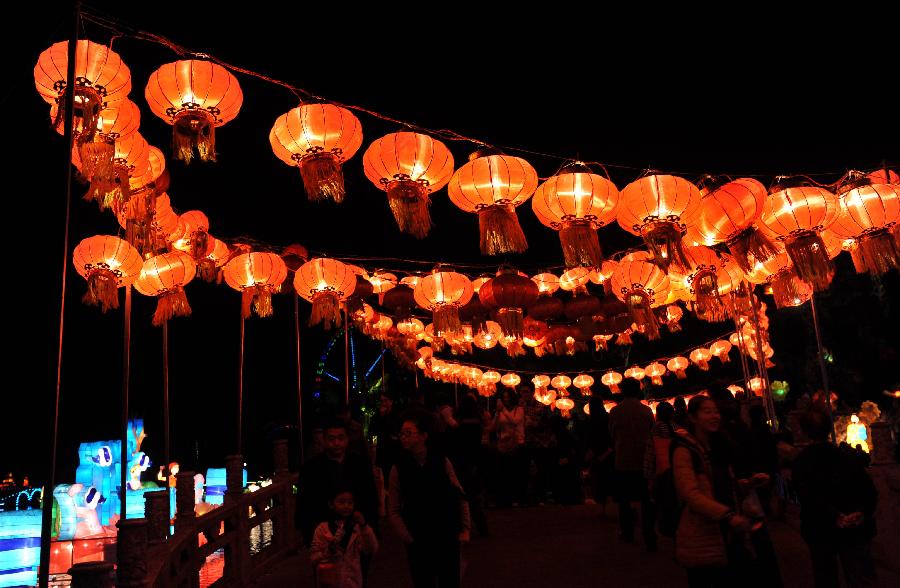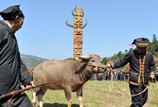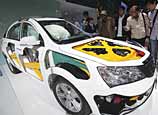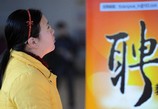
The result is encouraging. Zhang said exhibitions have been held in Taiwan every year since 2006 and their annual sales volume has tripled from the original 1 million yuan.
More trips to Western countries are planned to attract investment, the government said. Meanwhile, farmers are being given support through tax breaks and special utilities tariffs. Farmers in the Fujian-Taiwan innovation park, for example, enjoy a 30 percent discount on their electricity bills.
However, since daffodils grow from a bulb, customs procedures are complicated, something that has hobbled the export drive.
Lin from the flower office said there are about 140 flower companies in Zhangzhou each with annual output of more than 5 million yuan, or with more than 7 hectares under cultivation, and many farmers with independent family operations. Most farms fall into the latter category, and the government is encouraging them to set up cooperatives so that they can benefit through economies of scale.
Since the 1990s these companies have been exporting flowers in large volumes, but since the financial crisis broke out in 2008, the Western markets have lost their shine and most of the farmers have switched their attention to the domestic market.
Zhu Yuening, president of Hongsheng Flower, one of the biggest flower plantations in Zhangzhou, said the overseas market used to account for 80 percent of sales, but that figure is now down to 20 percent.
Five years ago, Zhu said, his company exported 300 to 400 containers of flowers every year, valued at up to 80 million yuan.
He said: "The domestic market has now become the most important, as people are getting affluent and are willing to spend money on flowers to decorate their homes.
"People who own villas, and companies are now big flower plantations' main customers."
Small plants for office tables no longer provide the strong revenue stream that they used to, Zhu said, being replaced by big trees and flowers growing in yards, such as podocarpus. One of these from Japan can fetch 70,000 yuan.
The Zhangzhou government said that miniature fig trees from the city now account for 90 percent of the Japanese and South Korean markets, and export revenue reached 200 million yuan last year.
Cactus used to be the major export to the Middle East, every plant selling for $0.50, but with such a slim return that market has been abandoned.
One of Zhangzhou's success stories is that of Chen Zhiyan, who has managed to forge ties between the city and Western flower capitals. His Haixia Bio-Tech Co, which is preparing to be listed on the Shenzhen stock exchange by 2015, is one of the few Chinese flower companies that own an auction seat in the Dutch flower trade market.
The company said it had turnover of 270 million yuan last year and profit of 20 million yuan.

















 Provocative propaganda on environmental protection leaded by Chen Guangbiao
Provocative propaganda on environmental protection leaded by Chen Guangbiao


![]()
